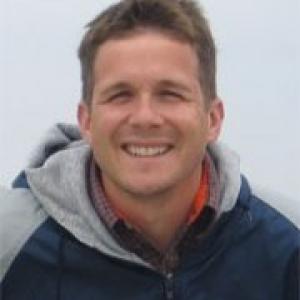Brian Hammer

Brian Hammer's lab studies molecular mechanisms important for microbial interactions. Bacteria are genetically encoded with regulatory networks to integrate external information that tailors gene expression to particular niches. Bacteria use chemical signals to orchestrate behaviors that facilitate both cooperation and conflict with members of the communities they inhabit.









